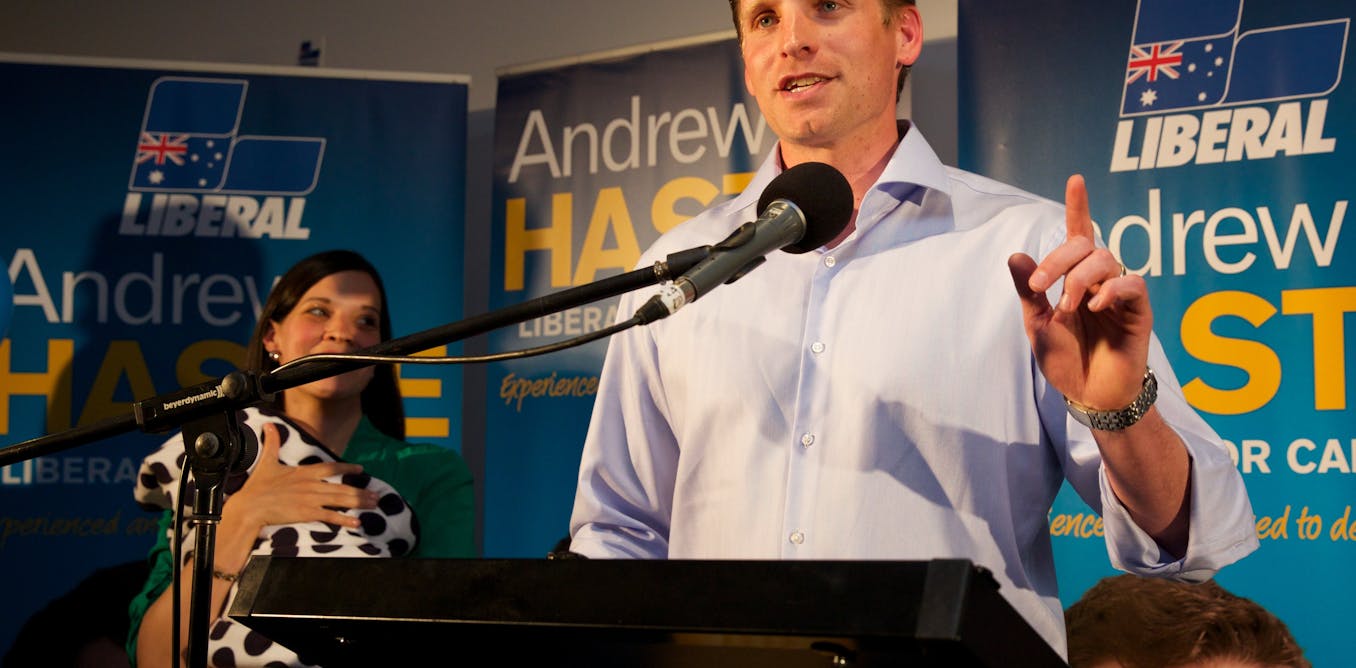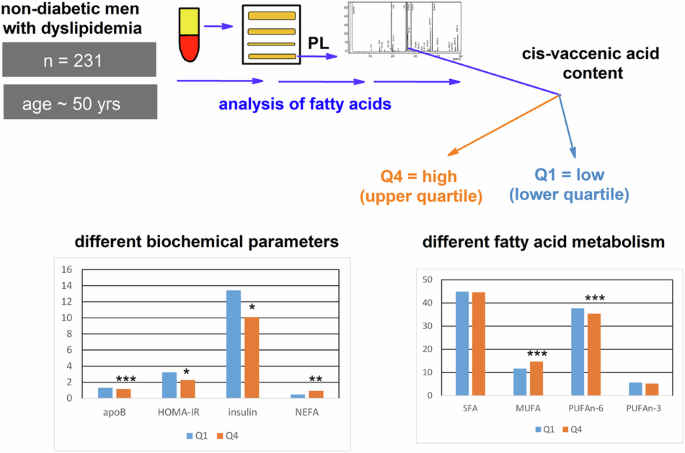:max_bytes(150000):strip_icc():focal(737x168:739x170)/Robert-Davis-and-victim-Josh-Kruger-100723-1-17ed54c70f7f4a94a29aab5472db8f5e.jpg)
- Select a language for the TTS:
- UK English Female
- UK English Male
- US English Female
- US English Male
- Australian Female
- Australian Male
- Language selected: (auto detect) - EN
Play all audios:
A man has been identified as the suspect in the murder of Philadelphia journalist Josh Kruger. Robert Edmond Davis, 19, was identified as the suspect, Philadelphia police homicide unit Lt.
Hamilton Marshmond said during a Friday news conference, per CNN. Marshmond said an arrest warrant that “includes the charges of murder and related offenses” was issued, according to the
outlet. He also urged the suspect to surrender to police. "Our goal is to have Mr. Davis taken into custody in a safe manner for the public, our officers and himself,” the police
lieutenant said. On Monday, Kruger, 39, was shot seven times in the chest and abdomen around 1:30 a.m. inside his home in the Point Breeze neighborhood. Security video showed Davis at his
home early in the day, Marshmond said at the conference, per NBC News. Police said that Davis knew the journalist, and he should be considered armed and dangerous. During the Friday
conference, police also said that Kruger — who was known for his advocacy for marginalized communities, particularly homeless people living with addiction — may have been counseling the
suspect, per NBC. Marshmond also said that Davis may have been homeless at some point, although police do not believe that the suspect was staying in the victim's home. “At this time we
believe that Mr. Kruger was trying to help Mr. Davis, and they were acquaintances,” Marshmond said, adding that the victim “was just trying to help him just get through life.” The police
did not provide any more details about the pair’s relationship or a possible motive. It is not clear how the shooter ended up in Kruger’s home, and earlier reports showed no signs of forced
entry. “Either the door was open, or the offender knew how to get the door open,” Deputy Police Commissioner Frank Vanore said, according to _The Philadelphia_ _Inquirer_. “We just don’t
know yet.” Vanore said that after Kruger was shot, he ran outside for help, per the _Inquirer_. He was then transported to Presbyterian Hospital, where he died at 2:13 a.m. Police found no
weapon at the scene. WANT TO KEEP UP WITH THE LATEST CRIME COVERAGE? SIGN UP FOR PEOPLE'S FREE TRUE CRIME NEWSLETTER FOR BREAKING CRIME NEWS, ONGOING TRIAL COVERAGE AND DETAILS OF
INTRIGUING UNSOLVED CASES. On his website, Kruger described himself as a “writer and communications expert known for weaving his unique lived experience with homelessness, HIV,
Philadelphia’s ‘street economy,’ trauma, and poverty throughout his poverty and writing.” According to the website, he had previously worked as a spokesperson for City Hall before “returning
to journalism in 2021,” and “his writing has spurred government into action and shed light on communities and issues sometimes overlooked by traditional media.” Kruger was also a
"militant bicyclist, Anglo-Catholic Episcopalian and parishioner at St. Mark’s Church on Locust Street, and lives with his best friend, his senior cat with one tooth named Mason,” per
the website. In a statement, Mayor Jim Kenney said that he was "shocked and saddened" by Kruger’s death. "He cared deeply about our city and its residents, which was evident
in his public service and writing," he said. "Our administration was fortunate to call him a colleague, and our prayers are with everyone who knew him." District Attorney
Larry Krasner said in a statement Monday that Kruger “lifted up the most vulnerable and stigmatized people in our communities – particularly unhoused people living with addiction.” “Many of
us knew Josh Kruger as a comrade who never stopped advocating for queer Philadelphians living on the margins of society,” the District Attorney’s LGBTQ+ Advisory Committee said in a
statement Monday. The statement continued, “His struggles mirrored so many of ours — from community rejection, to homelessness, to addiction, to living with HIV, to poverty — and his
recovery, survival, and successes showed what’s possible when politicians and elected leaders reject bigotry and work affirmatively to uplift all people. "Even while Josh worked for the
Mayor, he never stopped speaking out against police violence, politicized attacks on trans and queer people, or the societal discarding of homeless and addicted Philadelphians.”








